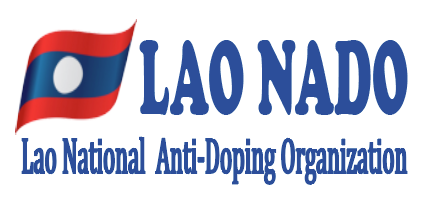Checking Medications
Extreme caution is recommended regarding supplement use. A number of positive tests have been attributed to the misuse of supplements, poor labelling and supplement contamination. There is no 100% guarantee that a supplement is free from prohibited substances but there are ways to significantly minimise the risks. Risks of supplements include:
- Manufacturing standards, which are often less strict when compared with medicines. These lower standards often lead to supplement contamination at production facilities;
- Fake or low-quality products which may contain prohibited substances and other substances that are harmful to health;
- Mislabelling of supplements – ingredients listen in the wrong dosage, or not at all identified on the product label;
- False claims that a particular supplement is endorsed by Anti- Doping Organisations or that it is “safe for athletes”. Remember, Anti-Doping Organisations do not certify supplements – this is done by independent companies.
All athletes should do a risk-benefit assessment if they are considering the use of supplements. The first step of such an assessment is to consider whether a “food-first” approach meets the athlete’s needs. Whenever possible, such an assessment should be done with the support of a certified nutritionist who is familiar with the anti-doping system.
Checking your Supplements
If, after careful consideration, an athlete chooses to use supplements, they must take the necessary steps to minimise the risks. This includes:Risks of supplements include:
- Select supplements only when a benefit is likely – this should be done with the assistance of a certified nutritionist who can properly assess the athlete’s needs
- Use supplements and doses that are safe. Select supplements that have been batch-tested by an independent company. Companies that batch-test supplements include Informed Sport, Certified for Sport or Kölner Liste.
Remember, no supplement is 100% risk-free but athletes and Athlete Support Personnel can take certain steps to minimise these risks.
Athletes using supplements may lead to a positive test result due to the following reasons:
1. Inaccurate labelling
The labeling of supplements is not strictly regulated. Intentionally or not, there is a possibility that not all of the ingredients are listed on the supplements labels and the undeclared ingredients may contain prohibited substances
2. Contamination during production
Since the manufacturing of supplements is not strictly regulated, supplements may be contaminated with prohibited substances during production.
It is virtually impossible to confirm that a supplement does not contain any prohibited substances. Athletes should seriously assess the risk of using a supplement
Considerations for Use
Athletes should assess the following aspects when considering on the use of supplements
1. Health risks
There are always possible side effects when using supplements. Prolonged use may lead to adverse health effects or even addiction. Supplements that claimed to be “all natural” may contain active ingredients that interact with each other or with medications.
2. Effectiveness of a supplement
Supplements advertisements tend to rely on unproven research results and celebrities endorsement, instead of valid scientific evidence to promote their products. Benefits of a supplement maybe very specific to certain situations and to certain individuals only. Therefore, claims made by supplements may not be true or reliable.
3. Inadvertent doping
Under the Strict Liability Principle, an Anti-Doping Rule Violation (ADRV) is committed if a prohibited substance (or its metabolites or markers) is found in an athlete’s sample. Inadvertent doping due the use of a poorly labelled supplement is not an adequate defense in a doping case. Sanctions for an ADRV may include ineligible to participate in sport-related activities and disqualification of competition results.
Recommendations for Athletes
1. Athletes could enhance their performance through the following means which are more safe and reliable:
- Scientific training programmes
- Good dietary practice
- Relaxation techniques
- Regular monitoring
2. Athletes should actively avoid using high-risk supplements such as muscle-building, weight-loss and sexual enhancement products.
3. Athletes should consult medical and sport professionals before considering the use of any supplements.
For more detials you can click vistit to DCAT' website here


